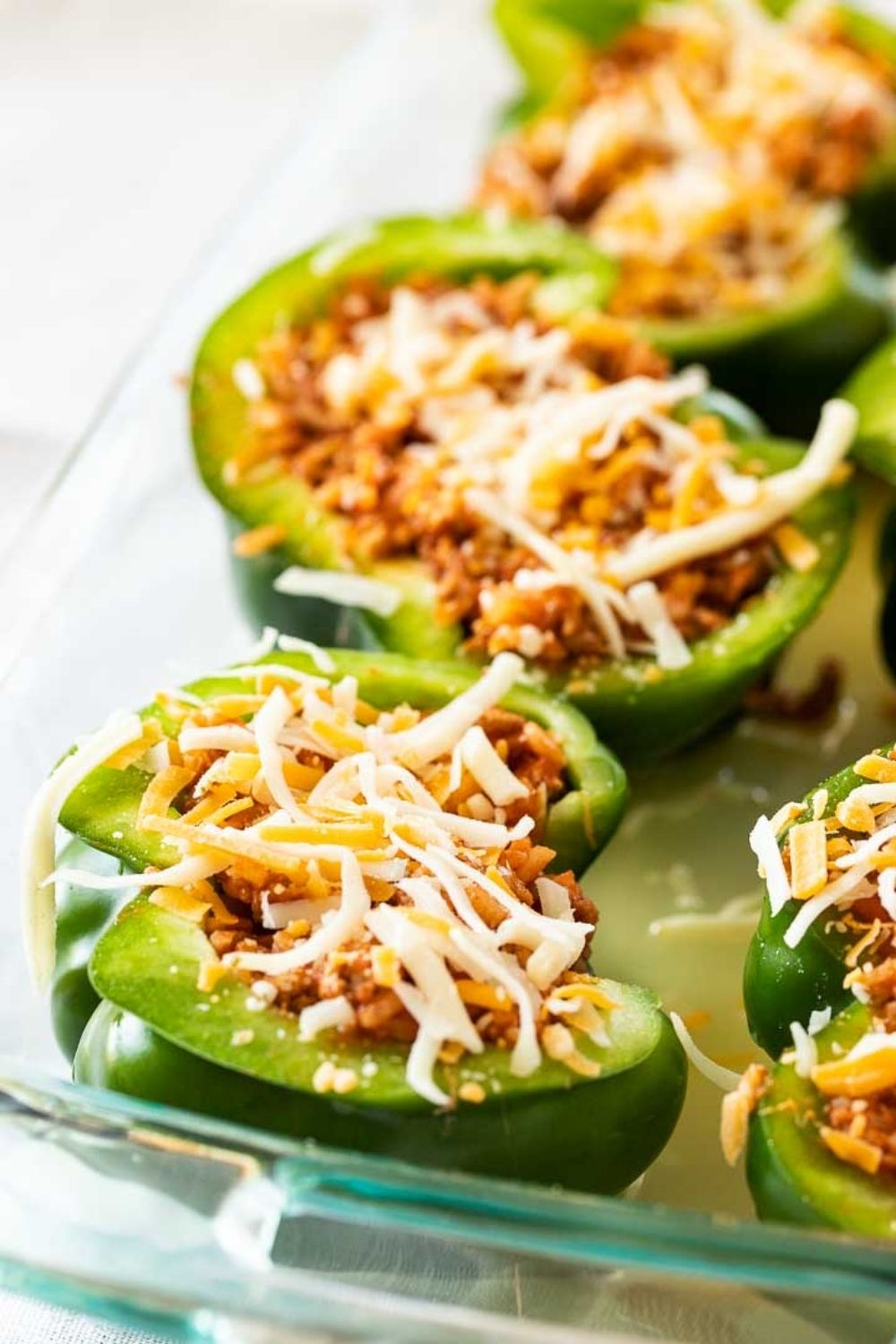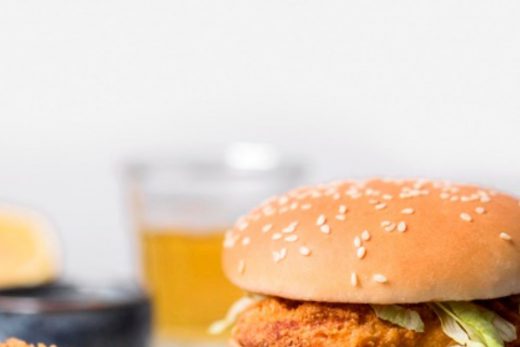Immanuel Kant argues that despite the fact that we believe that beauty is in the eyes of the beholder (or, in this case, that flavor is in the tongue of the taster), we debate and argue about our aesthetic judgments in a bid to achieve a certain kind of universality. Perhaps this is what the njahi wars are really about; an attempt to decide, collectively, whether or not njahi is actually food. I don’t know, although I do know Kant never imagined that he’d be cited in the njahi wars of 2017-2021.
Invariably, the njahi wars pale in comparison to the fervor with which the biggest food war in Africa —the jollof war—is waged. The two jollof rice giants, Ghana and Nigeria, battle for supremacy, with each talking about its jollof variant like it’s holy ghost fire. This is a war that Kenya, for some inexplicable reason, has decided it wants to be a part of, with the declaration that its pilau is better than any form of jollof rice. The rules of war journalism state that a reporter should stay objective, and shouldn’t take part in any conflict they’re covering. But this reporter isn’t impartial. This reporter is Kenyan, after all, and thinks that pilau is better than anything jollof.





